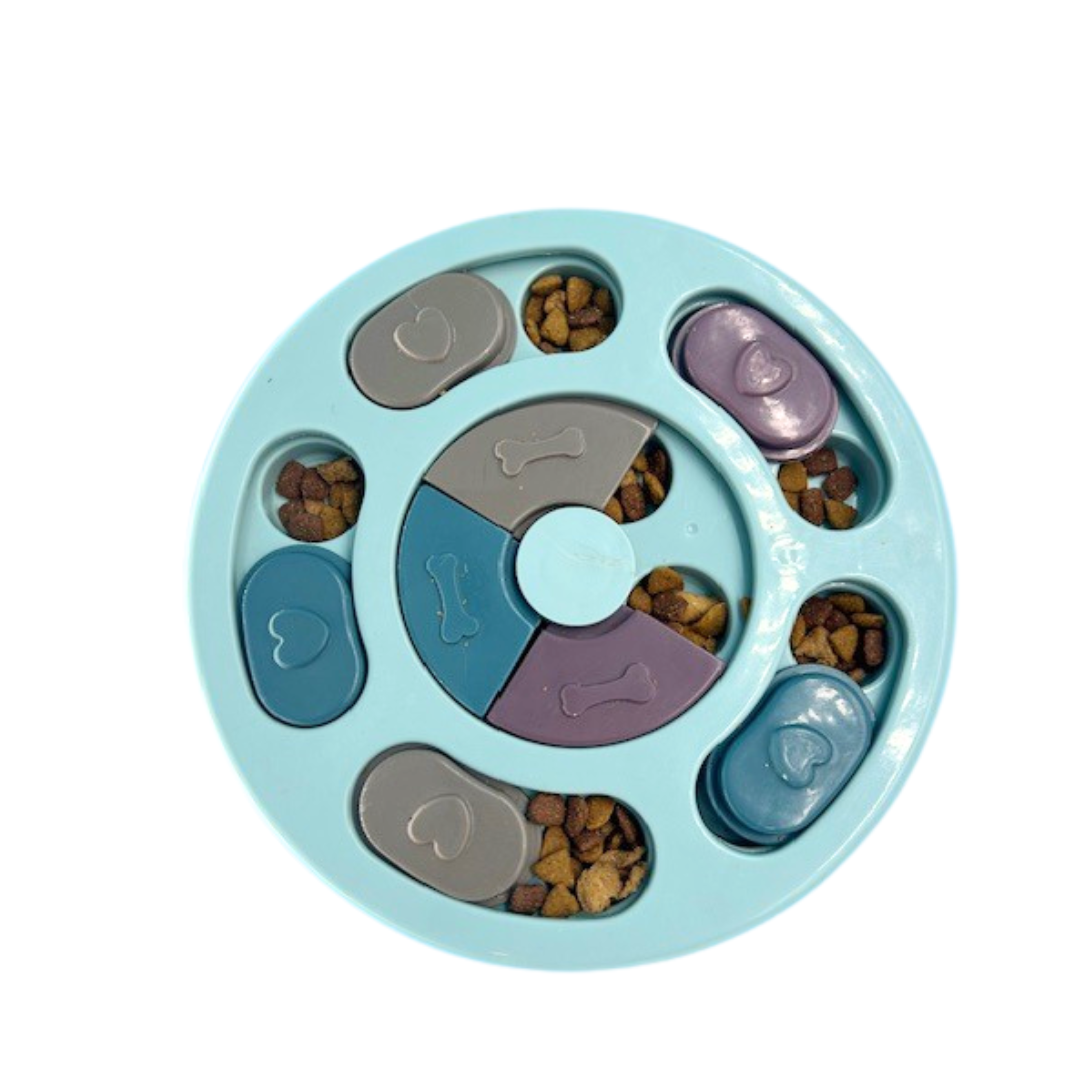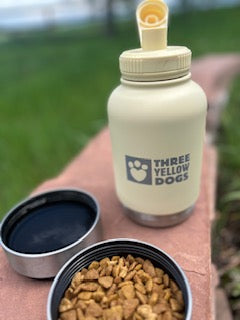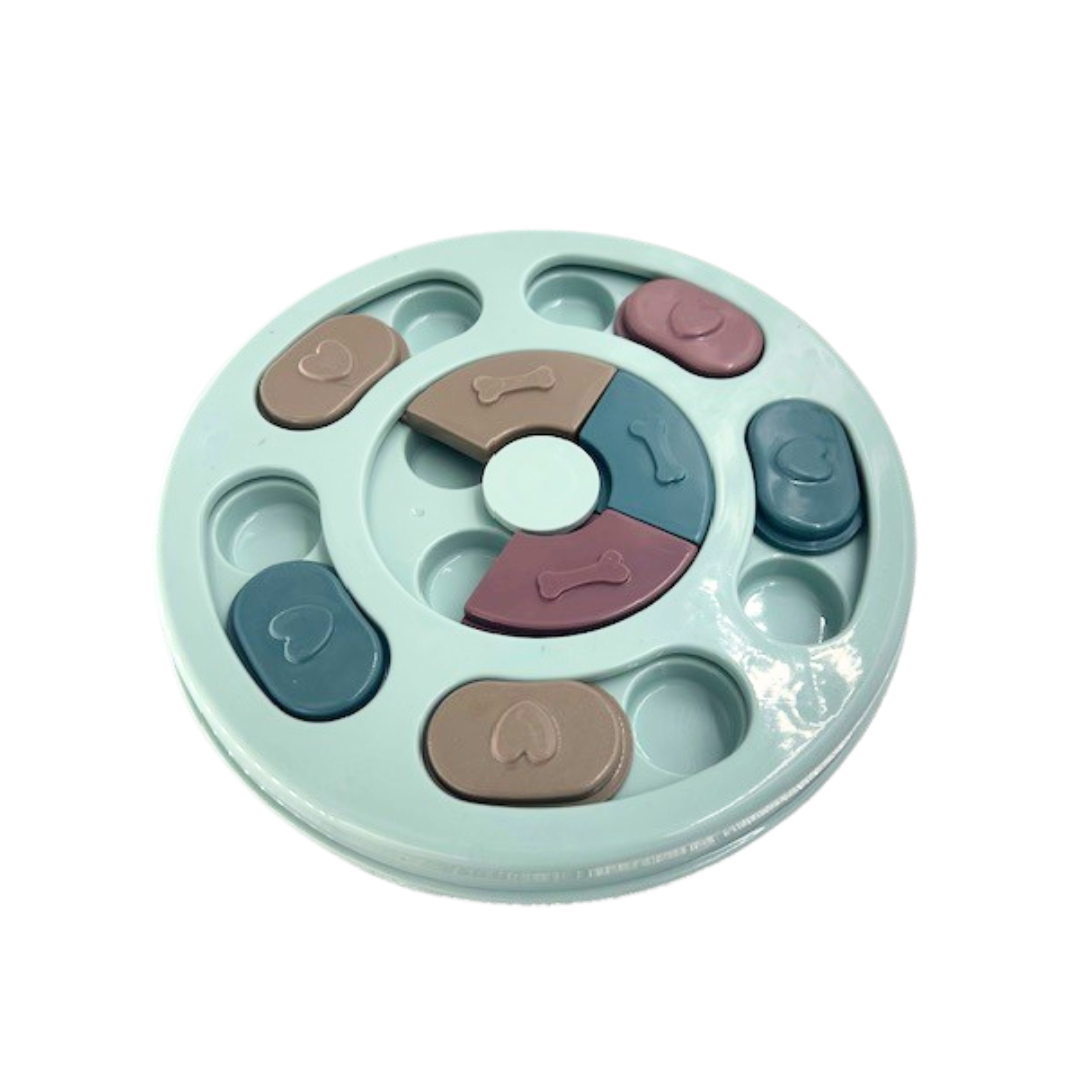Having spent most of my life in hot, humid climates—first in Houston, Texas, then Orlando, Florida—I’ve seen firsthand just how relentless fleas and ticks can be. These tiny pests don’t just torment your pets; they can quickly take over an entire household.
Now that my family and I live in Northwest Colorado, flea and tick issues aren’t quite as intense, but they’re still something we stay mindful of—especially as the weather warms and we spend more time outdoors.
Flea and tick season may not be the most exciting part of spring, but it’s important. While these pests might seem like minor nuisances, they can carry serious health risks for both pets and humans. The good news? You don’t have to reach straight for chemical treatments—there are plenty of natural, effective ways to help protect your furry companions.
Lets explore why flea and tick prevention matters, signs your fur babies might have fleas and ticks, ways to help your pet and so much more.
⭐️Why Flea and Tick Prevention Matters
Fleas and ticks are more than just itchy annoyances. They can:
- Transmit diseases like Lyme disease and Rocky Mountain spotted fever
- Cause skin infections and allergic reactions
- Lead to flea anemia in small pets or puppies
- Infest your home—making them hard to eliminate once they spread
🐶 Signs Your Pet Might Have Fleas or Ticks
Keep an eye out for:
- Excessive scratching or licking
- Red, irritated skin or bumps
- Flea dirt (tiny black specks)
- Visible ticks, especially around ears, paws, and belly
🌿 Natural Ways to Help Protect Your Pet
If you're looking to go the gentler route, here are some natural remedies and prevention methods to try:
1. Apple Cider Vinegar Spray
Mix equal parts water and apple cider vinegar in a spray bottle. Mist your pet (avoid the eyes and open wounds) before going outside. Fleas and ticks dislike the acidity.
2. Essential Oils (Use With Caution)
Some pet-safe oils like lavender, cedarwood, and lemongrass can repel pests. Always dilute heavily with a carrier oil and check with your vet—especially for cats, who are more sensitive.
3. Diatomaceous Earth (Food Grade)
Sprinkle a light dusting on your pet’s bedding, rugs, or around doorways. It dehydrates fleas and ticks without chemicals. Reapply after cleaning. (We also use DE in our chicken coop to fight against mites.)
4. Natural Flea Collars or Tags
Look for collars made with citronella, peppermint, or amber resin. These are designed to repel fleas and ticks without synthetic ingredients.
5. Regular Grooming
Use a flea comb and bathe your pet regularly with gentle, flea-repelling shampoos (look for neem or oatmeal-based).
6. Yard & Home Maintenance
- Mow grass and remove leaf litter
- Use cedar mulch or beneficial nematodes in garden areas
- Wash pet bedding weekly in hot water
🧼 Final Tips
- Start early. Don’t wait for the first bite—prevention is easier than treatment.
- Be consistent. Natural methods work best when used regularly.
- Talk to your vet. They can help you create a personalized, safe plan for your pet.
If you’re ever unsure about which flea and tick prevention method is right for your pet, be sure to check in with your local veterinarian. They can offer personalized guidance based on your pet’s specific needs. It’s also worth doing a little research on your own—every pet and household is different, and finding what works best for your family can make all the difference.
🐾 Because Nothing Should Get in the Way of Tail Wags and Happy Trails
Your pets give you unconditional love—give them comfort and safety in return this season. Whether you go natural or mix it up, a proactive approach keeps the pests away and the cuddles coming. Happy spring. 🦋🌷🌼














